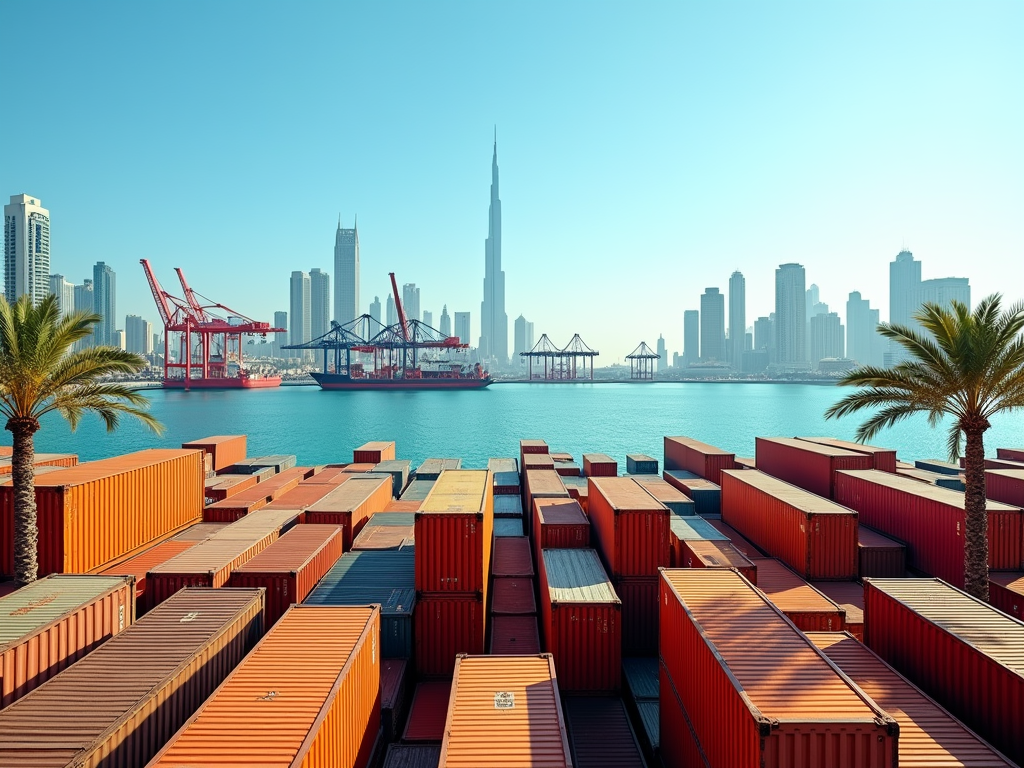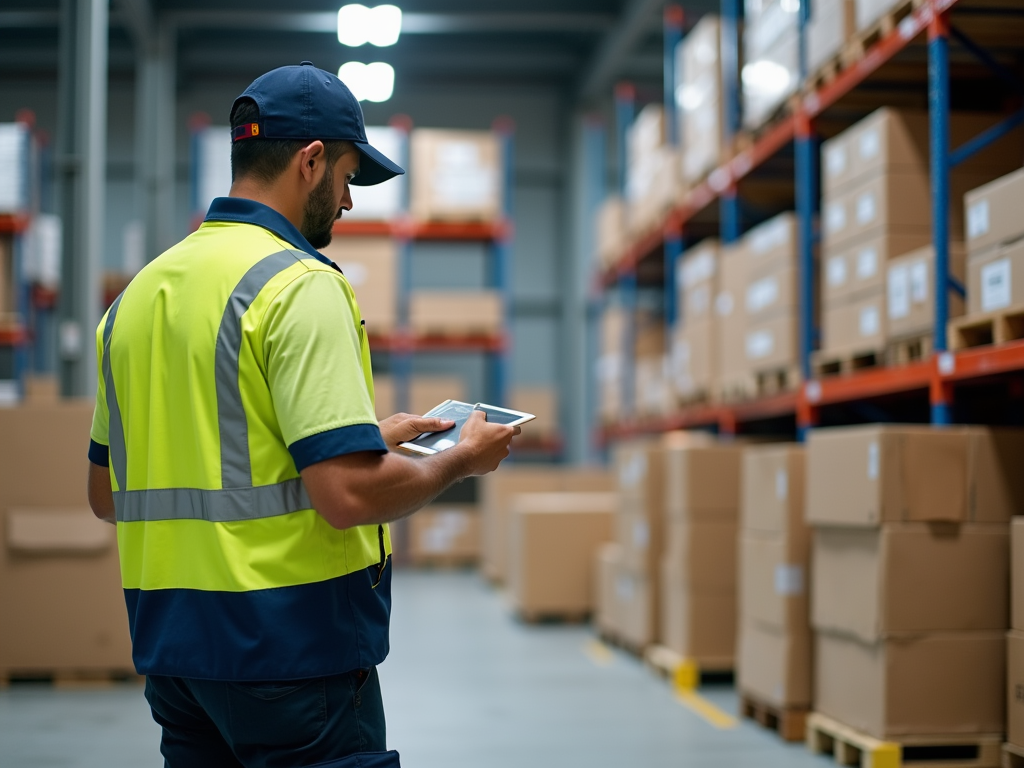
Dubai’s Import/Export Regulations: What Every Business Owner Should Know
Operating a business in Dubai can be a rewarding venture, especially given the emirate’s strategic location as a global trade hub. However, understanding Dubai’s import/export regulations is crucial for any business owner looking to successfully navigate the complexities of international trade. This article delves into the essential regulations that every entrepreneur must be familiar with to ensure compliance, smooth operations, and successful market entry.
Why Understanding Import/Export Regulations is Crucial

Dubai serves as a major trading center for the Middle East, connecting businesses across continents. Knowing the import/export regulations is essential for several reasons:
- Compliance: Adhering to local laws prevents costly fines and trade barriers.
- Market Access: Understanding regulations allows companies to access new markets efficiently.
- Risk Management: Knowledge of the regulatory landscape minimizes the risks associated with international trade.
- Competitive Advantage: Firms that are well-versed in regulations often outperform their competitors.
- Reputation: Maintaining compliance fosters a good reputation with local authorities and partners.
Key Import Regulations in Dubai

When importing goods into Dubai, several regulations must be adhered to. The primary regulations include:
- Customs Clearance: Importers must submit a customs declaration that includes details such as value, quantity, and origin of the goods.
- Import Licenses: Certain products require specific import licenses. Ensure you obtain the correct licenses to avoid delays.
- Standards and Specifications: Imported goods must meet local health, safety, and quality standards as outlined by the Emirates Authority for Standardization and Metrology (ESMA).
- Prohibited Items: Some items, like certain chemicals and drugs, are banned from being imported into Dubai. Familiarize yourself with the list of prohibited items to avoid legal trouble.
- Tariffs and Duties: Duties and tariffs vary depending on the product category. Understanding these costs is vital for pricing and financial planning.
Essential Export Regulations to Consider
Exporting goods from Dubai also comes with its own set of regulations. Awareness of these regulations can prevent potential operational hiccups:
- Export Licenses: Certain categories of goods require an export license from the government. It’s important to check regulations for specific products.
- Customs Documentation: Proper documentation, including Commercial Invoices and Certificates of Origin, is necessary for export clearance.
- Quality Standards: Just like imports, exported goods need to meet quality standards. Ensure your products adhere to the importing country’s regulations.
- Payment Regulations: Be aware of the payment terms and conditions that apply to different markets to avoid payment delays.
- Security Measures: Depending on the product, security measures may need to be taken for safe transport. This includes packaging and labeling regulations.
How to Stay Updated on Regulation Changes
As global trade continues to evolve, so do regulations. Business owners must remain vigilant about changes that can impact their operations:
- Subscribe to Newsletters: Many trade and industry organizations offer newsletters detailing regulatory updates.
- Join Trade Associations: Local trade groups can provide valuable insight into changes in import/export regulations.
- Consult Regulatory Experts: Engaging with experts in trade regulations can provide personalized guidance for your business.
- Follow Government Announcements: Regularly check the UAE government’s official website for new regulations or changes in existing laws.
- Participate in Workshops: Attending seminars or workshops can help you stay updated on the evolving trade landscape.
Conclusion
Understanding Dubai’s import/export regulations is essential for every business owner looking to thrive in a competitive international market. The regulations comply with local laws, help in efficient operations, and foster good relations with trade partners and authorities. By staying informed about the crucial aspects of importing and exporting, as well as engaging with the resources available, businesses can streamline their processes and pave the way for successful enterprise in Dubai.
Frequently Asked Questions
1. What types of goods are usually prohibited from import into Dubai?
Prohibited goods include narcotics, counterfeits, and products that violate cultural or religious norms. Always check for a comprehensive list before importing.
2. Do I need a license to export goods from Dubai?
Yes, certain goods require an export license. Make sure to verify whether your products fall into this category.
3. How can I keep track of changes in import/export regulations?
Stay subscribed to industry newsletters, join trade associations, follow government announcements, and consult regulatory experts.
4. What documents are required for customs clearance in Dubai?
Documentation typically includes a customs declaration, invoices, packing lists, and any necessary licenses specific to the goods.
5. Are there any specific tariffs for certain products?
Yes, tariffs vary by product category. It’s essential to check the tariff classification for your goods to understand the costs involved.


